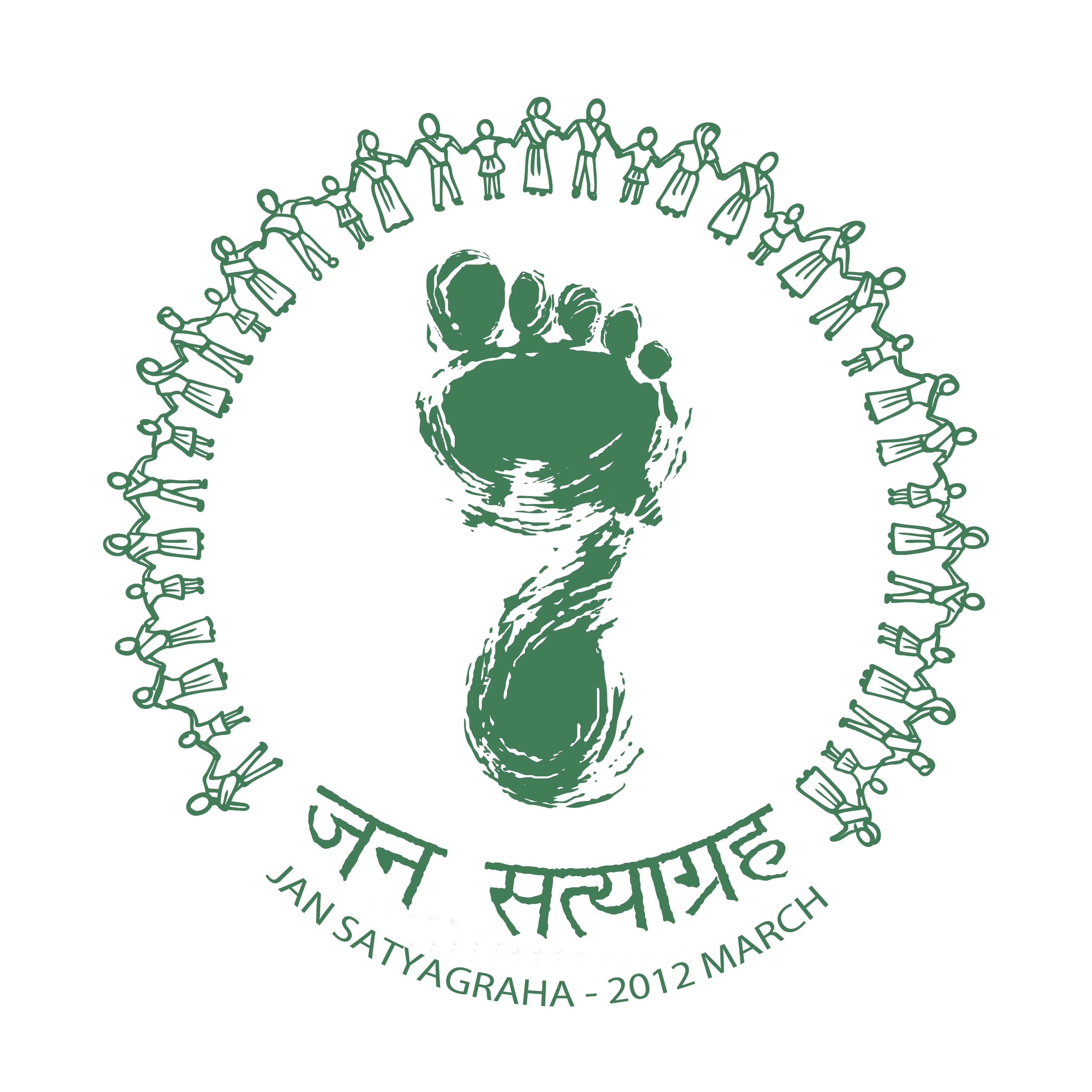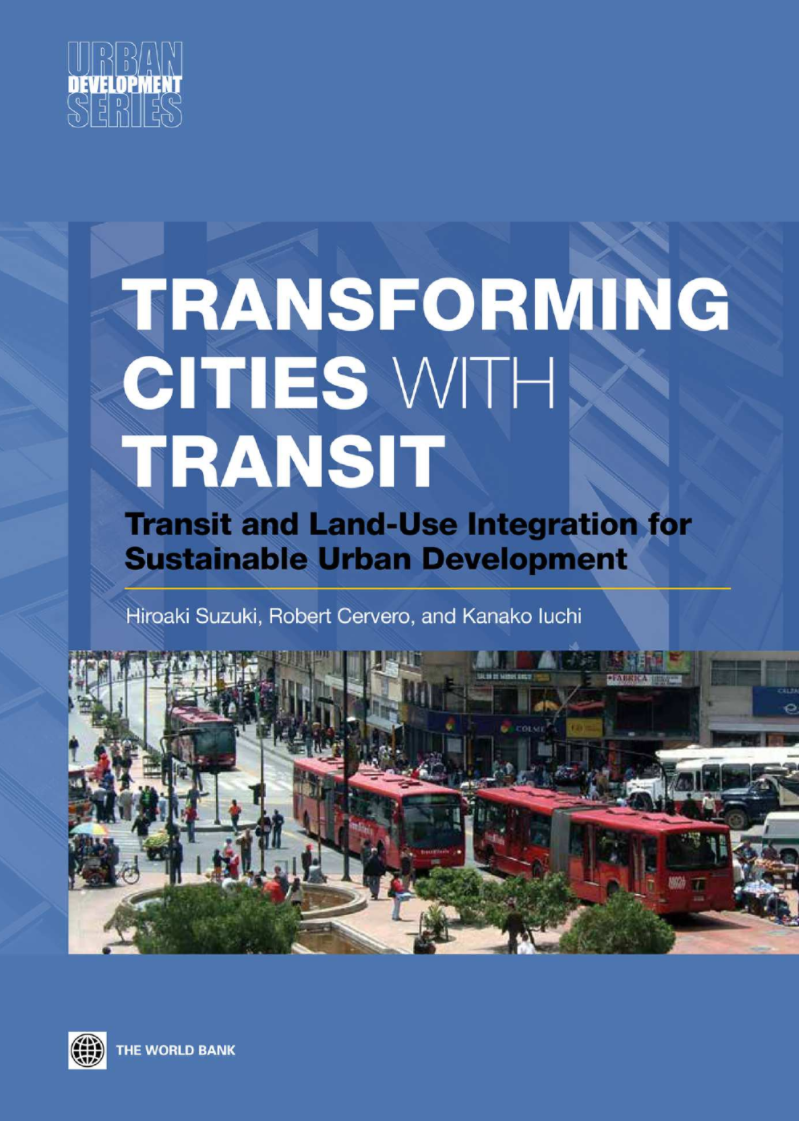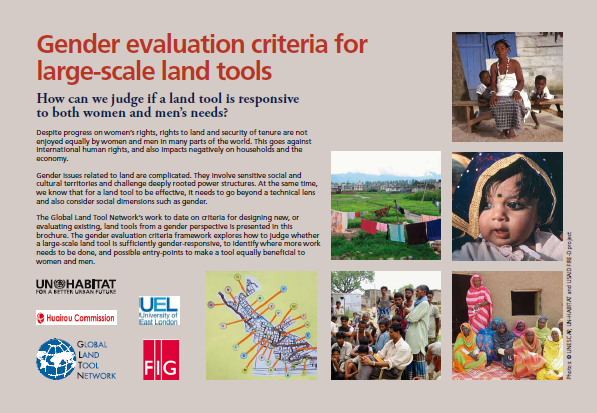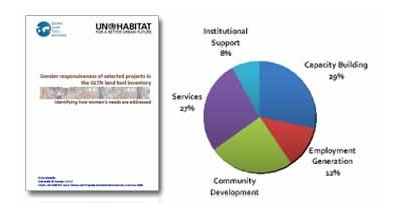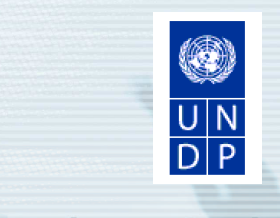UNDP paper discusses ‘Decentralization and Women’s Rights to Land’
[adapted from UNDP] May, 2008- This UNDP discussion paper ‘Pro-Poor Land Tenure Reform and Democratic Governance’ provides a review of how different types of land tenure reform relate to decentralization and local governance, in theory and in practice. The discussion suggests that in order to create more democratic and transparent local management of land resources, special mechanisms to protect women against direct and indirect discrimination, as well as the establishment of local land committees and land tribunals for conflict resolution are needed.


